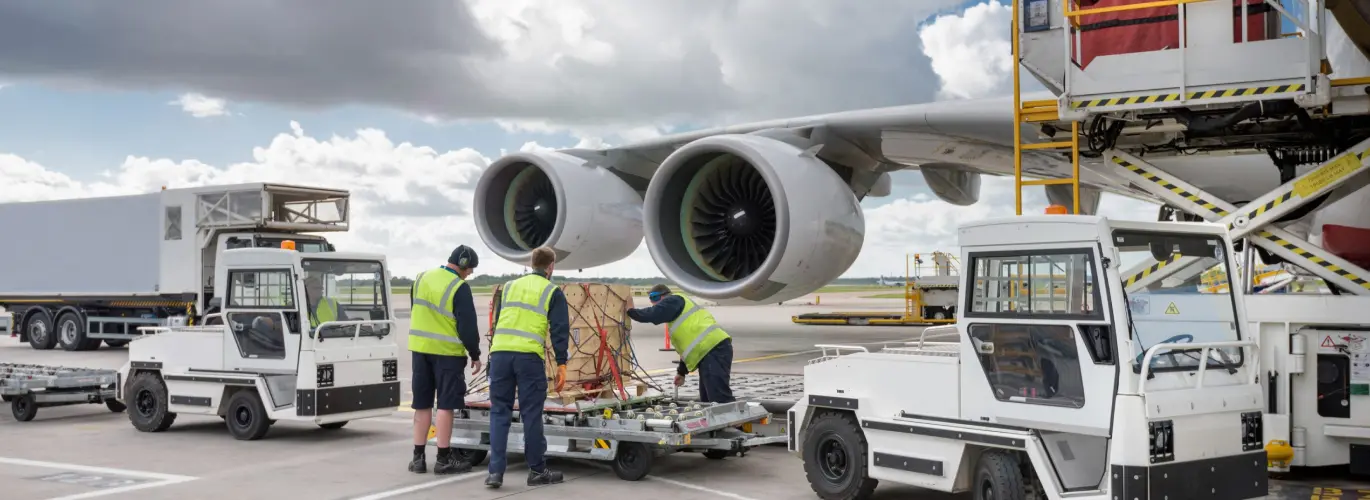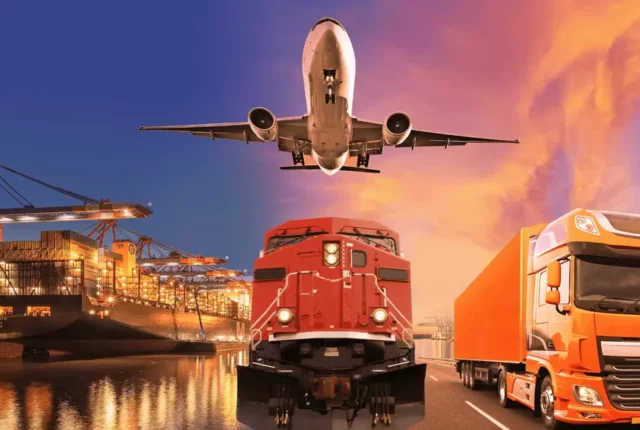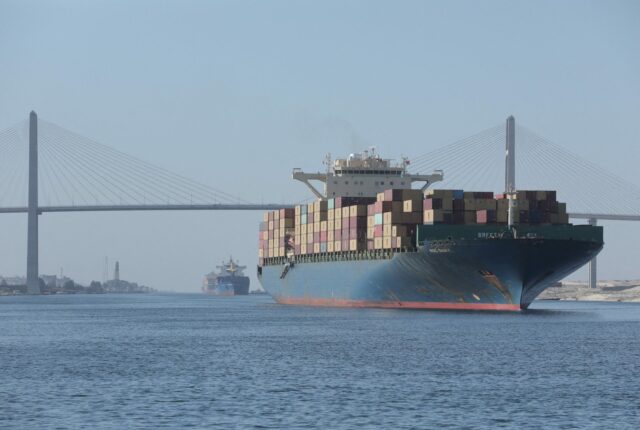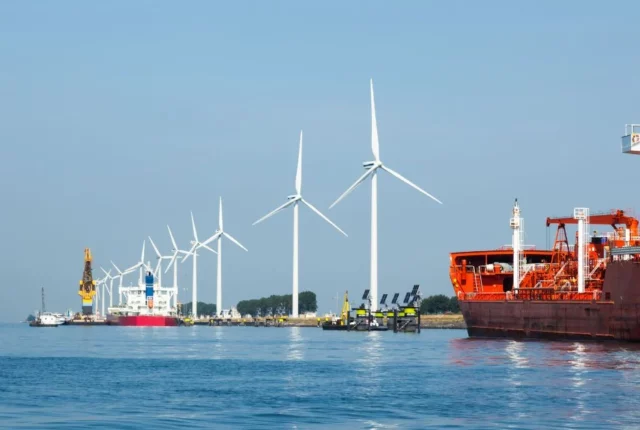
Air Freight Trends: Exploring the Impact of Global Trade on the Aviation Industry
In today’s interconnected world, global trade plays a significant role in driving economic growth and fostering international relationships. As goods are transported across borders, the aviation industry plays a crucial role in facilitating efficient and timely delivery through air freight. This article explores the emerging trends in air freight and examines the impact of global trade on the aviation industry.
The Significance of Air Freight
Air freight plays a vital role in global trade by providing a fast and reliable transportation method for high-value and time-sensitive goods. It enables businesses to connect with customers and suppliers worldwide, facilitating trade across various industries. The aviation industry, with its extensive network of airlines and cargo carriers, ensures the efficient movement of goods across continents, contributing to the growth of economies around the globe.
The Growth of Global Trade
Global trade has experienced remarkable growth in recent years, fueled by advancements in technology, increased consumer demand, and the rise of e-commerce. As countries become more interconnected, the volume of goods being traded internationally continues to rise. This growth has a direct impact on the aviation industry, driving the demand for air freight services and necessitating the development of efficient logistics networks.
Technological Advancements in Air Freight
Advancements in technology have revolutionized the air freight industry, making operations more efficient and streamlined. Innovations such as automated cargo handling systems, real-time tracking, and digital documentation have improved the speed and accuracy of processes. Additionally, the development of electric and hybrid aircraft are transforming the industry, promoting sustainability and reducing carbon emissions.
Environmental Considerations in Air Freight
While air freight offers speed and efficiency, it also poses environmental challenges. The aviation industry has been working towards reducing its carbon footprint by adopting sustainable practices and investing in fuel-efficient aircraft. The development of alternative fuels and the implementation of carbon offset programs are key initiatives undertaken to minimize the environmental impact of air freight transportation.
E-commerce and the Rise of Cross-border Trade
The rapid growth of e-commerce has reshaped the landscape of global trade, leading to an increase in cross-border transactions. Consumers now have access to a wide range of products from around the world, and businesses are expanding their reach beyond domestic markets. Air freight plays a crucial role in supporting the logistics of e-commerce, ensuring swift delivery of goods from online retailers to customers across borders.
Shifts in Consumer Behavior and Expectations
Consumers’ expectations have evolved in the era of globalization, and they now seek faster delivery and seamless experiences when purchasing products from international markets. Air freight enables businesses to meet these expectations by providing expedited shipping options. The ability to transport goods quickly and reliably through air cargo has become a competitive advantage for businesses operating in the global marketplace.
The Role of Airports in Air Freight
Airports serve as vital hubs for air freight operations, facilitating the movement of goods between countries and continents. With the growth of global trade, airports have adapted to handle increased cargo volumes efficiently. Specialized cargo terminals, dedicated freighter aircraft, and advanced handling facilities have been developed to cater to the specific needs of air freight, ensuring smooth operations and minimizing transit times.
Challenges and Opportunities for the Aviation Industry
The aviation industry faces both challenges and opportunities in the evolving landscape of global trade. Rising fuel costs, regulatory compliance, and geopolitical uncertainties pose challenges to the industry’s growth. However, increasing demand for air freight services, technological advancements, and the potential for new trade routes create opportunities for airlines and cargo carriers to expand their operations and enhance their service offerings.
The Future of Air Freight
The future of air freight holds immense potential as global trade continues to flourish. Technological innovations, such as blockchain and artificial intelligence, will further enhance the efficiency and transparency of air freight operations. Sustainable practices and the development of greener technologies will play a crucial role in reducing the environmental impact of air cargo transportation. The aviation industry must adapt to emerging trends and invest in infrastructure and capabilities to meet the evolving demands of global trade.
Conclusion
Air freight plays a pivotal role in connecting businesses and consumers worldwide, facilitating the growth of global trade. The aviation industry, with its technological advancements and logistical capabilities, ensures the efficient and timely delivery of goods. As global trade continues to evolve, the industry must adapt to emerging trends, address environmental challenges, and seize opportunities for growth. By doing so, the aviation industry will continue to play a vital role in shaping the future of global commerce.
FAQs
What is air freight?
Air freight refers to the transportation of goods by air, using aircraft to move cargo across domestic and international borders.
What are the environmental considerations in air freight?
The aviation industry is actively working to reduce its carbon footprint by adopting sustainable practices, investing in fuel-efficient aircraft, and developing alternative fuels.
How does e-commerce affect air freight?
E-commerce has led to increased cross-border trade, driving the demand for air freight services as businesses seek faster and more efficient delivery options.
What are the challenges and opportunities for the aviation industry in air freight?
Rising fuel costs, regulatory compliance, and geopolitical uncertainties pose challenges, while increasing demand, technological advancements, and new trade routes present opportunities for growth in the industry.






